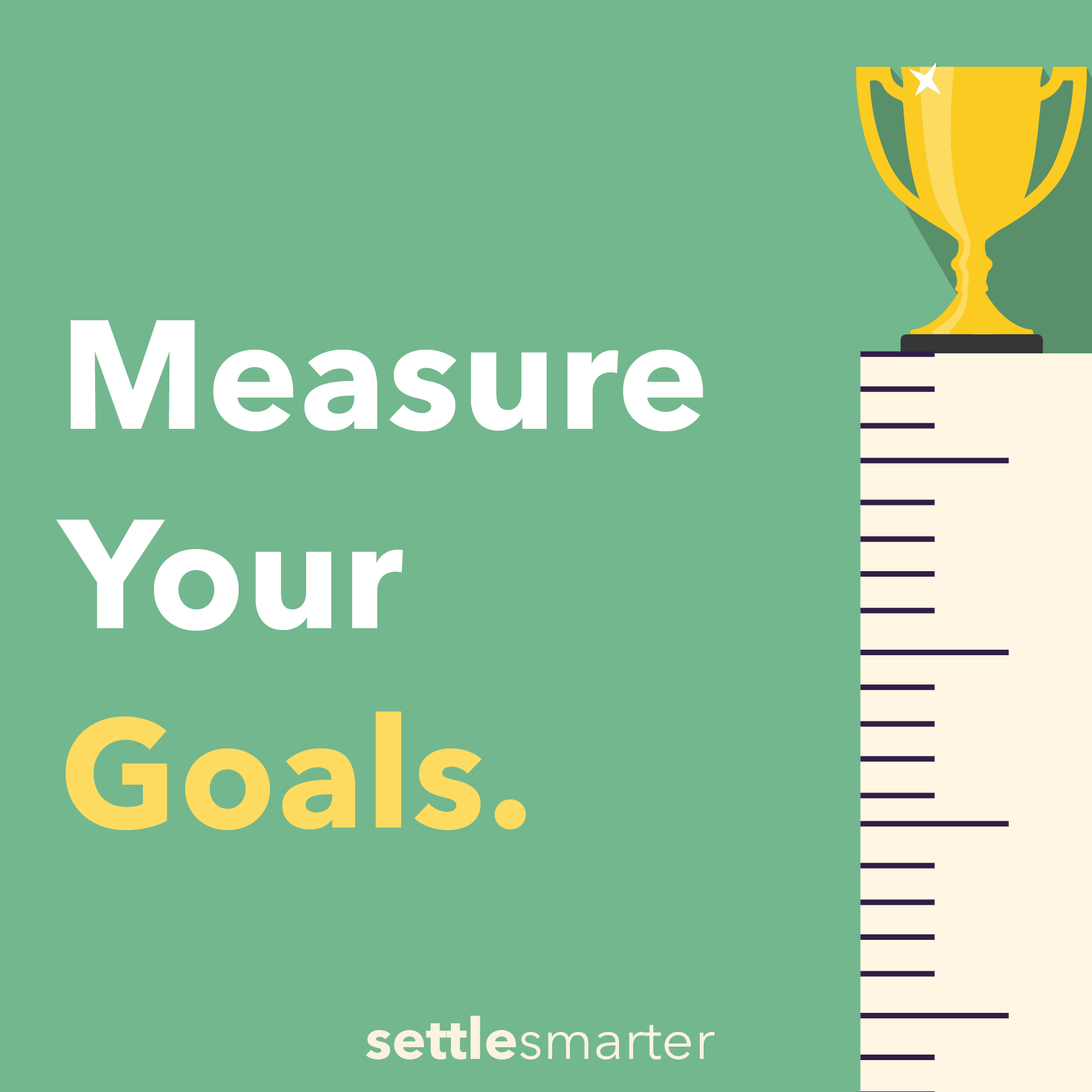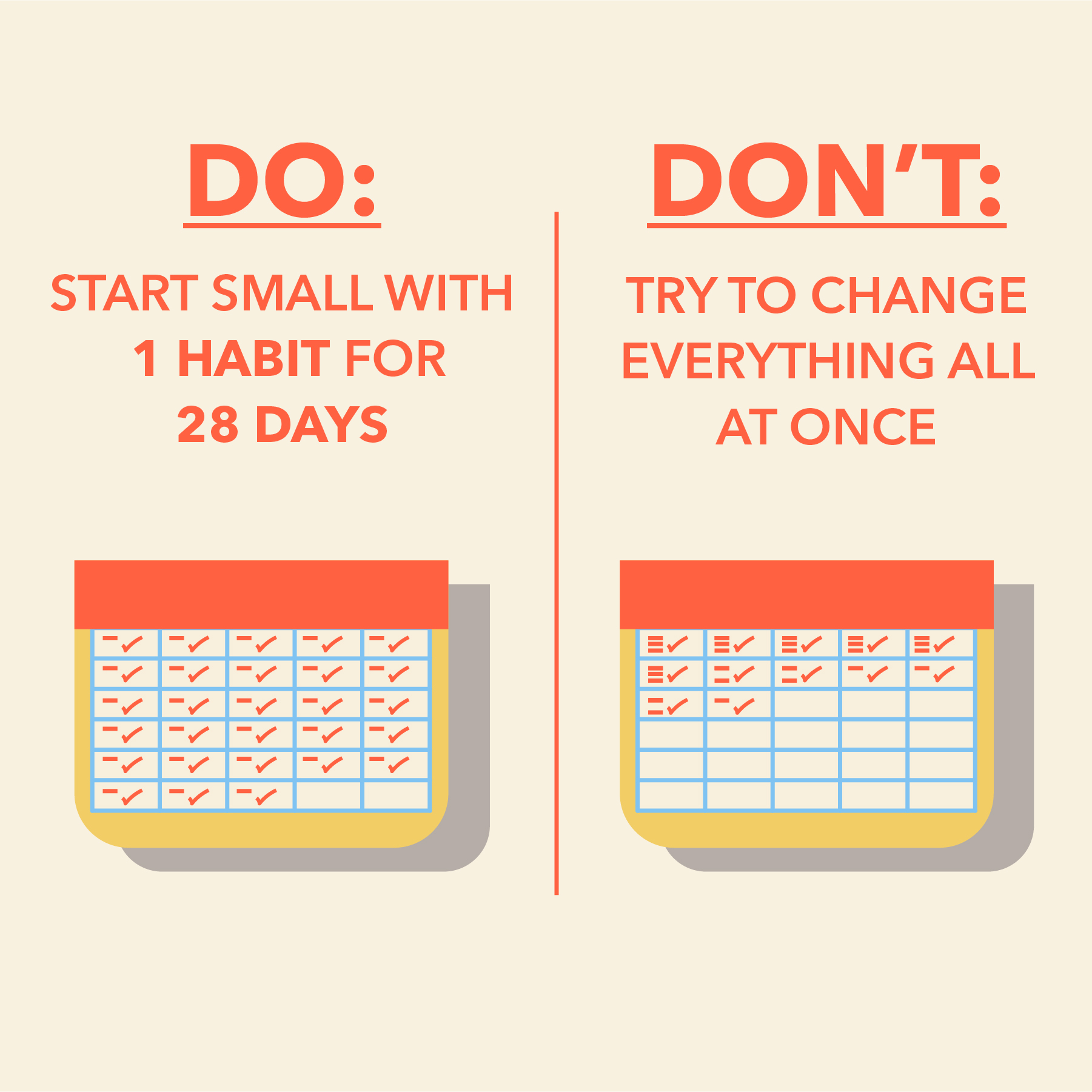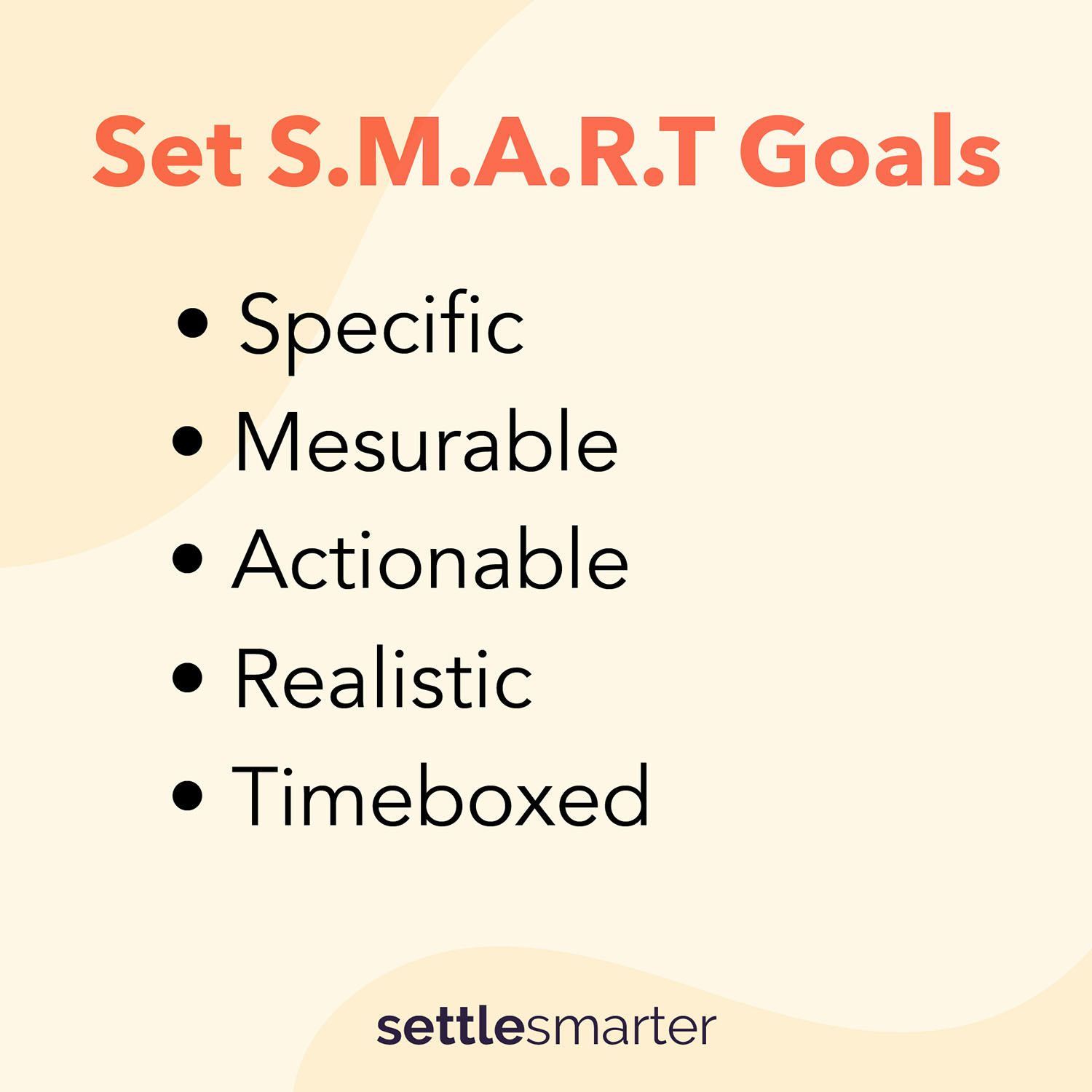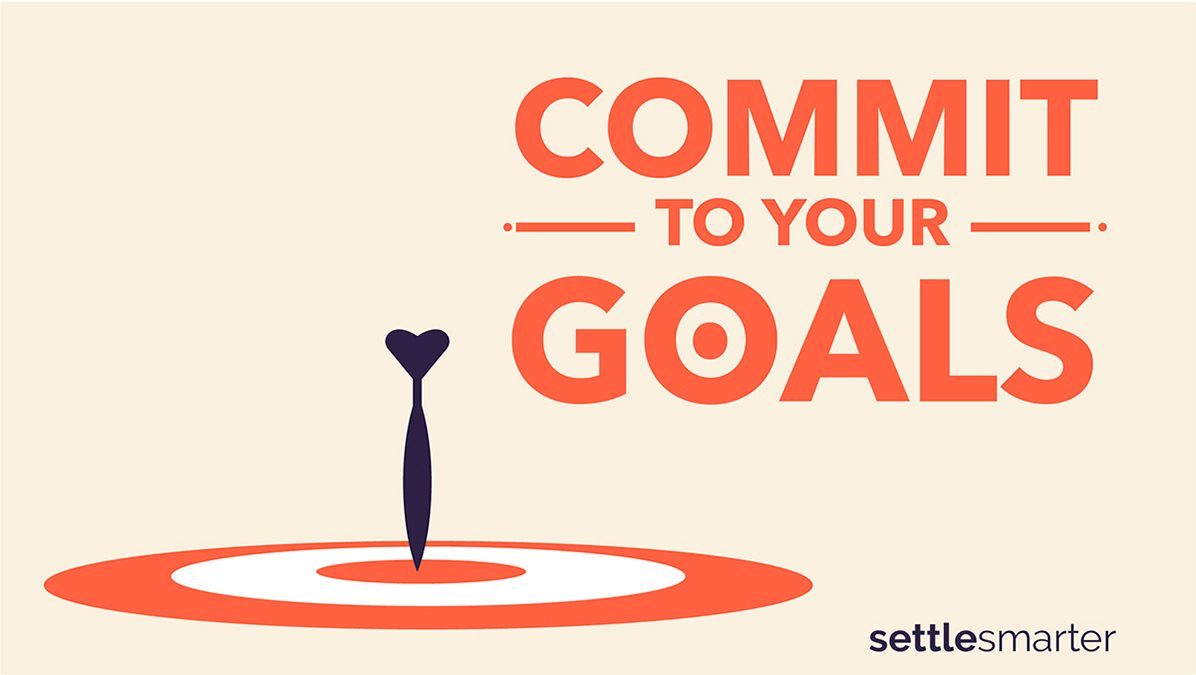Setting goals and keeping them is a struggle for the majority of us. Think back, how long did it take you to break your New Year’s Resolution?
The reason resolutions and other goals don’t work is because they’re overambitious and vague. You’re essentially setting yourself up for failure by making goals that no one can meet.
In short, your goals need to be S.M.A.R.T.
S.M.A.R.T. stands for:
- Specific
- Measurable
- Actionable
- Realistic
- Timeboxed
Let’s break these down into their elements and see how we can build an achievable goal.
Specific
First and foremost, your goals have to be as specific as you can make them. So, if you’re setting goals like, “I will learn to play the piano well.” That’s not specific enough. Instead, try,
I will reach the intermediate level of piano playing.
I know it sounds silly but this makes your goal more specific, and thus gives you something more direct to aim at than just an abstract thought.
Measurable
Next, you have to be able to measure the progress of your goal. To continue the piano-learning metaphor from before, add a measurable aspect to your goal that ties into and helps you achieve the specificity.

I will complete my entire beginner’s piano book.
By doing this, you are giving yourself a measure so you know when you have reached the intermediate level, i.e. once you have finished the beginner’s book, you will be ready for the next step.
Actionable
Your goals must call you to action. This way, actually doing the goal is explicitly stated in your goal itself. Let’s modify our piano-playing goal by adding an actionable piece.
I will complete my entire beginner’s piano book by practicing for an hour every day.
Now, your goal is calling you to action (and notice a very specific one)! Instead of arbitrarily learning how to play the piano, you’ve set yourself a schedule.
Realistic
This is the hardest step in the goal-setting process. Your goal has to be bound by reality. Be very honest with yourself about the time you have, the budget you may need, and your own habits.
For the sake of this exercise, let’s assume you already have a piano or keyboard in your home and plan on learning on your own. But if you didn’t, make sure you factor in what it would cost to buy a piano, pay for lessons, and upkeep anything you need to achieve your goal.
Now, you would like to practice the piano for an hour every day but the truth is that your days are already packed. You would have to shift an incredible amount of things around and even then it’s doubtful you would free up an hour every single day. It’s not feasible to bind yourself to that goal because you have failed before you even started. But, your weekends tend to be relatively free. (I’m obviously making this up for the purposes of this exercise. The idea is to be true to your actual availability and energy.)
So, let’s set you up for success and adjust the goal.
I will complete my entire beginner’s piano book by practicing for two hours on Saturdays and Sundays.
This new goal factors in your weekly schedule, so you are less likely to have to shift anything around or feel guilty when you can’t meet an unrealistic goal.
Timeboxed
Finally, give yourself a deadline. Just like being specific, this gives you a target. Remember to be realistic with your time, energy, etc. when you’re setting this. Because you only have the weekends to practice, completing that entire book in a week or two is unrealistic. Make sure you give yourself enough time.

I will complete my entire beginner’s piano book by the end of July by practicing for two hours on Saturdays and Sundays.
While not the most elegant sentence, as a goal it works superbly. You now know what you need to do, how often, and by when. And since you have been honest with yourself about time and energy constraints, this goal has set you up for success.
Now, you may be thinking, “But Dana, I want to be really good at playing the piano. I don’t want to stop at an intermediate level.”
That’s fine! This goal is not meant to encompass your whole journey. Once you’ve completed this goal, give yourself a pat on the back for a job well done, and then set the next one. Just make sure that one is S.M.A.R.T. too!
By piecemealing it into achievable, bite-sized chunks, the ethereal, daunting goal, I want to be really good at piano, becomes achievable and completely attainable.
Remember to be flexible
These goals are by no means unalterable. When you first set it, you may under or overestimate the amount of time or effort it will take you to complete it. Or something may come up that changes the parameters. Life happens, adjust accordingly!
While I used a very informal example, this type of goal setting applies to all facets of your life, professional and non-professional.
Instead of learning how to play the piano, perhaps you are tackling a big project or aiming for a promotion. If you find it hard to fill in some of the fields, talk to your boss, mentor, or trusted friend. The principles are the same. Keep your goals specific, achievable, and give yourself a deadline.

You’ve got this.
Want more? Follow me on Twitter and Instagram @settlesmarter.


